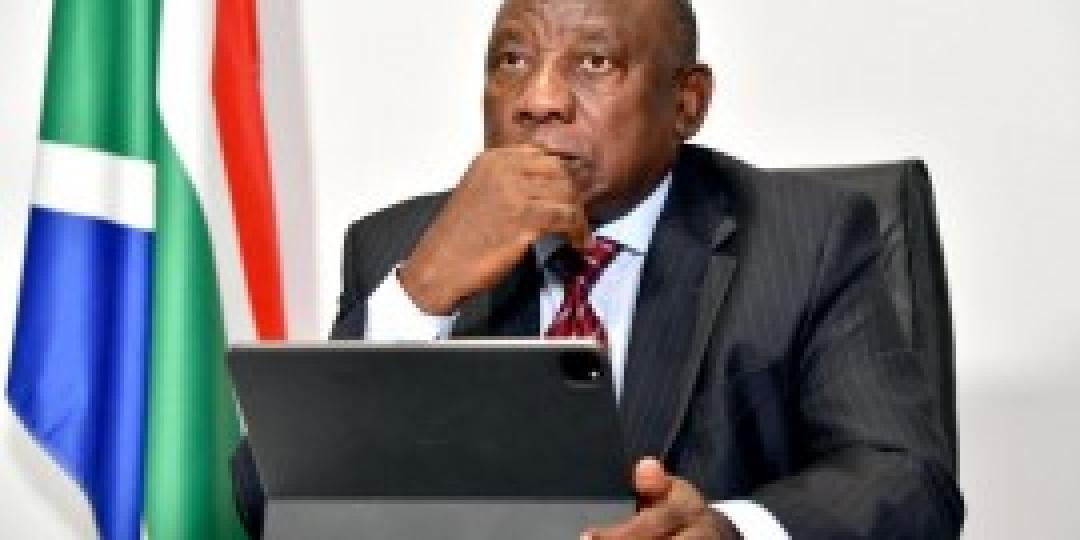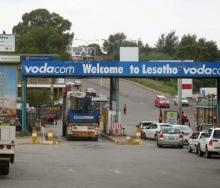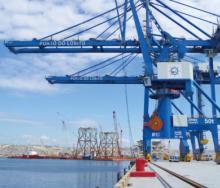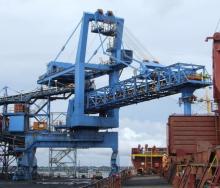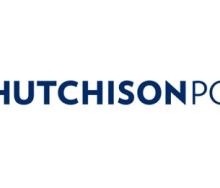President Cyril Ramaphosa says government has made a concerted and concrete effort to rebuild the South African economy following the devastation caused by the Covid-19 pandemic on global economies.
Speaking during the launch of the Oxford Handbook of the South African Economy on Wednesday, he said that the country had moved beyond the point of offering talk shops on economic recovery and was now working to achieving it.
Many would understandably be a little cynical.
The book takes a wide-ranging look at the South African economy and the challenges it is facing.
“While the economy expanded by 4.9% in 2021, the impact of the pandemic continues to be felt throughout the economy and society. And we know that there is a yawning gap between where we are and where we need to be,” he said.
Commenting on the issue of the country’s GDP per capita, he said South Africa’s Gross Domestic Product per capita had been on a steady decline, with other countries surging in the opposite direction.
“We have to ask ourselves: why are we falling behind? The democratic government has developed inclusive policies and arrested this trend of divergence. But there is consensus that far more is required.
“With an economy stuck in low gear, battered institutions and declining productivity, an important strand of economic policymaking over the past four years has been on fixing the fundamentals of the economy,” he said.
Ramaphosa added that government’s reform agenda to create a more efficient government and business environment was fully under way.
Government’s reforms extend to, among others, addressing the nation’s water and electricity supply, ensuring ease of doing business in the country, addressing climate change, and raising skill levels within the workforce.
“Early [reform] successes include opening up the space for private sector energy generation, accompanied by measures to create a competitive market structure in the electricity supply industry. Pro-competitive measures are also being implemented in ports and freight rail.
“The digital sector will receive a boost with the resolution of long-delayed processes of licensing of high-demand spectrum and digital migration of broadcasting. Reforms…will ensure better management of the nation’s water resources through measures aimed at improving allocation of rights, pricing and the monitoring of quality.
“To unleash the energy of the private sector…we have [also] created a Red Tape Reduction team in the Presidency to remove regulatory impediments to entry and growth,” he said.
“This is the time to move beyond platitudes towards a clear set of commitment underpinned by concerted resource mobilisation by all parties. We trust that the analytical work produced by this intellectual community will guide and enrich this effort,” he said. – SAnews.gov.za
